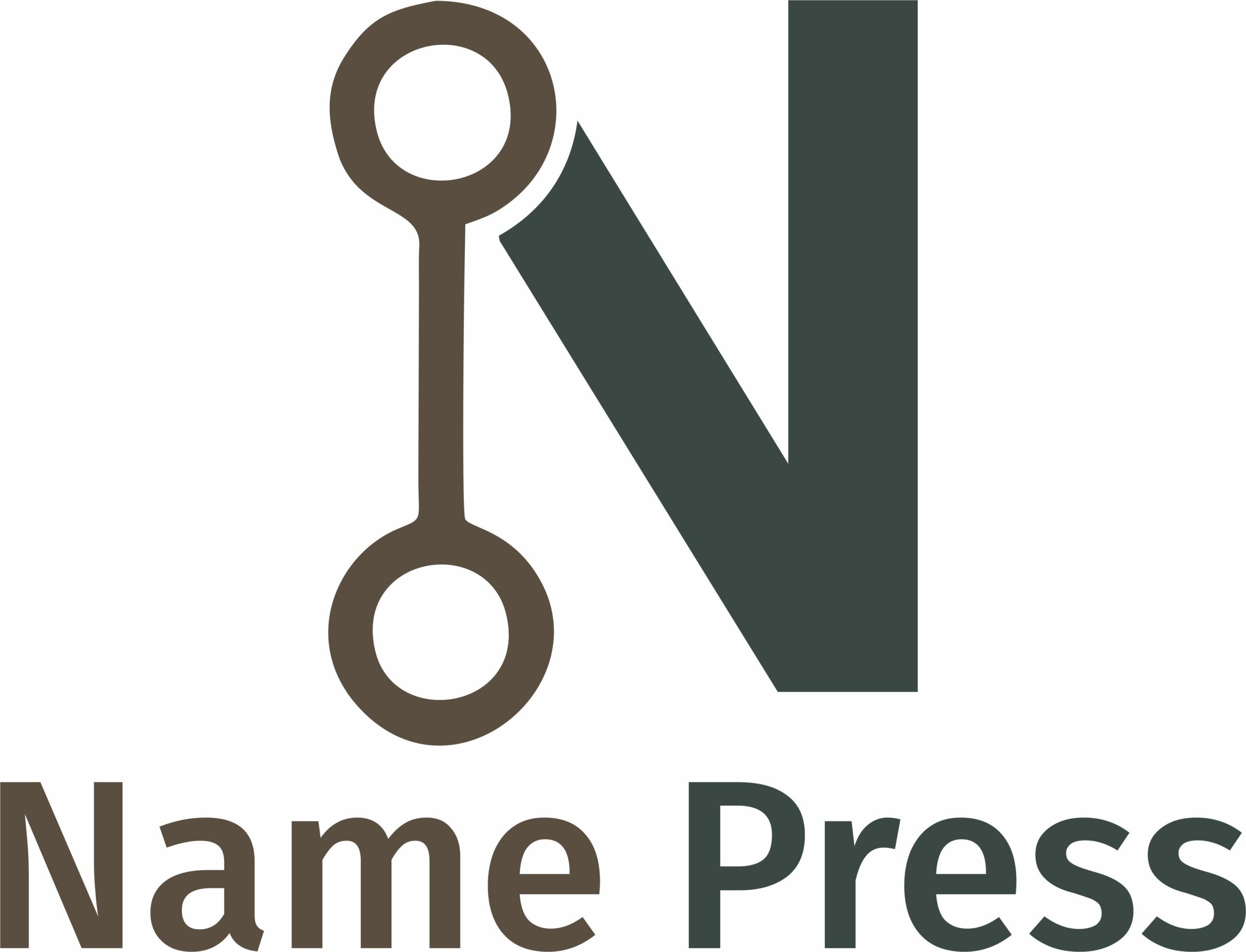Neck pain is a common disorder that many people grapple with, and for some, it transitions into a chronic condition that severely impacts daily life. Various factors can contribute to chronic neck pain, such as poor posture, muscle imbalances, and underlying medical conditions. If you find yourself constantly battling with neck discomfort, physiotherapy could be your gateway to relief. This article will explore some effective physiotherapy techniques for managing chronic neck pain.
Initial Assessment
Before commencing any treatment, a thorough evaluation is essential to determine the root cause of the pain. A physiotherapist will typically assess your posture, joint mobility, muscle strength, and may even use diagnostic tools like X-rays or MRIs if necessary.
Manual Therapy
Joint Mobilisation
One of the cornerstones of physiotherapy treatment for neck pain is joint mobilisation. It involves gently moving the neck joints to reduce stiffness and improve mobility. This technique is especially beneficial if the pain is resulting from poor posture or muscle imbalances.
Soft Tissue Mobilisation
This technique focuses on the muscles and ligaments around the neck. By employing a range of hands-on movements like kneading, pressing, and stretching, a physiotherapist can release tension and trigger points in these tissues, providing immediate relief.
Therapeutic Exercise
Isometric Exercises
These exercises involve contracting the neck muscles without moving the head. It helps in stabilising the neck and can be a foundational step before progressing to more challenging exercises.
Neck Stretches
Stretches targeting the muscles at the back and sides of the neck can help relieve tension and increase flexibility. A physiotherapist will guide you on the correct technique and duration for these stretches to ensure they are both effective and safe.
Strength Training
Strengthening the muscles that support the neck is crucial for long-term relief from chronic neck pain. This typically involves exercises that target the core, upper back, and shoulder muscles.
Posture Correction
Your physiotherapist will likely focus on correcting any postural issues that may be contributing to your neck pain. This could involve ergonomic assessments, adjustments to your workspace, or even wearing a supportive brace temporarily.
Pain Management Techniques
Heat/Cold Therapy
The application of heat or cold can offer temporary relief from neck pain. Cold packs can reduce inflammation, while heat pads can relax the muscles. Your physiotherapist will recommend the best option based on your specific symptoms.
Electrotherapy
Methods like Transcutaneous Electrical Nerve Stimulation (TENS) can effectively block pain signals and stimulate endorphin release, providing temporary relief from chronic neck pain.
Conclusion
Chronic neck pain can be debilitating, but the good news is that numerous physiotherapy techniques are aimed at managing this discomfort. With a personalised approach that could involve manual therapy, targeted exercises, and lifestyle changes, physiotherapy offers a comprehensive treatment plan for tackling chronic neck pain. If you’re struggling with persistent neck discomfort, consider consulting a qualified physiotherapist for a tailored treatment plan that addresses your specific needs.










